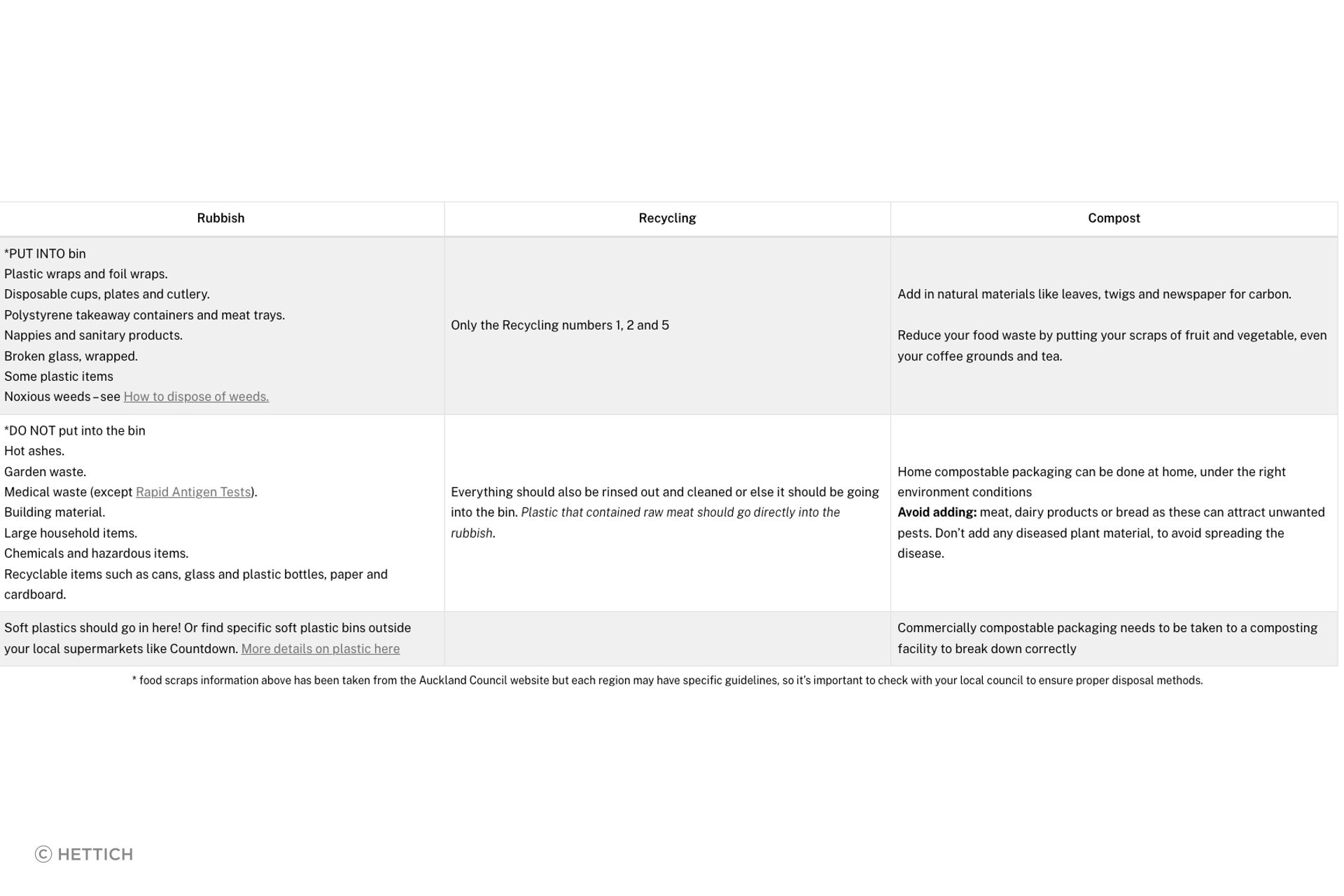How to Improve Waste Management in Your Home
Video from Wasted New Zealand- an educational video series that takes you on a journey through our key waste streams
“Wasted New Zealand: Part 1 (Introduction)”
URL: Check the video out on Vimeo here
New Zealand is renowned for its stunning landscapes, and effective waste management at home is one of the simplest ways to protect our environment. By reducing household waste, recycling correctly, and minimising what we send to landfills, we can help keep New Zealand clean and green. Proper waste disposal not only supports environmental sustainability but also plays a crucial role in combating the growing issue of climate change. Learning how to manage waste efficiently ensures a healthier, more sustainable future for our communities and generations to come
According to the Ministry for the Environment there is a 48% increase in waste from 2009-2019 being sent to landfills and a “per capita waste” going from 580 to 740kg every year.
With the effects of climate change being felt worldwide, it’s crucial for each of us to find ways to reduce our environmental impact. To help you get started, here are four practical steps and resources for better managing your household waste.
1. Educate Yourself on Local Waste Management Resources
The first step in effective waste management is understanding what can and cannot be recycled or composted. Local councils are a great resource, providing detailed guides on how to sort your waste. Below are links to some council websites that offer comprehensive information:
For example, Christchurch Ōtautahi offers the ‘Bin Good’ app to help residents organise waste collection and provide reminders for bin days—because we all need a little nudge now and then!
Additionally, consider participating in initiatives like New Zealand’s Soft Plastics Recycling Scheme, which enables the recycling of soft plastics that regular recycling services do not accept. Educators like Kate Meads also provide accessible, practical advice on reducing waste through videos and real-life examples. Engaging with these resources can help you become more informed about the best practices in waste management.
2. Develop a Waste Management Plan for Your Household
Creating a waste management plan for your household is an excellent way to ensure that everyone is contributing to reducing waste. This plan should include:
Creating helpful reminders: Use signs to quickly identify which items go into which bin. For example, recyclable items should be rinsed and cleaned, while soft plastics should be stored separately for recycling at specific collection points, like those found outside local supermarkets.
Separating waste streams: Have separate bins for recycling, general waste, and compost.
Designating responsibilities: Rotate who takes out the recycling or designate a person to research waste sorting and share findings with the household.
3. Know Your Waste: What Goes Where?

4. Make the Most of Waste Management Products
Investing in high-quality waste management products can make sorting and storing waste more efficient and effective. Hettich’s waste management products for example, are designed to fit seamlessly into modern kitchens, providing an organised solution for waste separation. With multiple compartments, these bins make it easy to sort recyclables, compostable, and general waste, helping households manage waste more effectively and reduce contamination in recycling streams.
Visit Waste Management Systems
Additional helpful resources:
- Auckland Council’s Unwanted Items Tool: Helps you figure out how to dispose of items that don’t belong in regular waste streams.
- Inorganic Pickups/Drop-offs: Available in certain areas for disposing of larger waste items.
- Interactive Planting Calendars: Tools like those from Tui Garden can help manage compostable waste by guiding you on when to plant and harvest vegetables, reducing food waste in the process.
By making small, informed changes in how we manage our waste, we can collectively reduce the strain on New Zealand’s waste systems and contribute to a cleaner, healthier environment.
